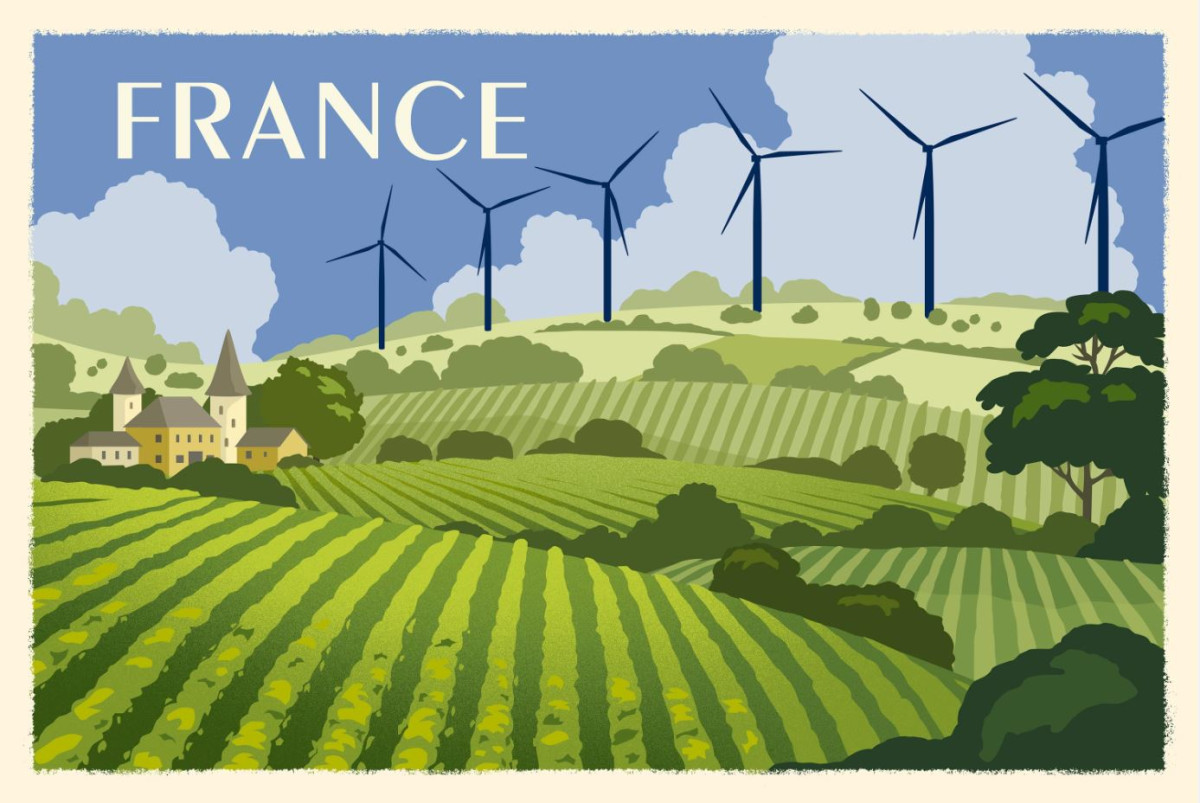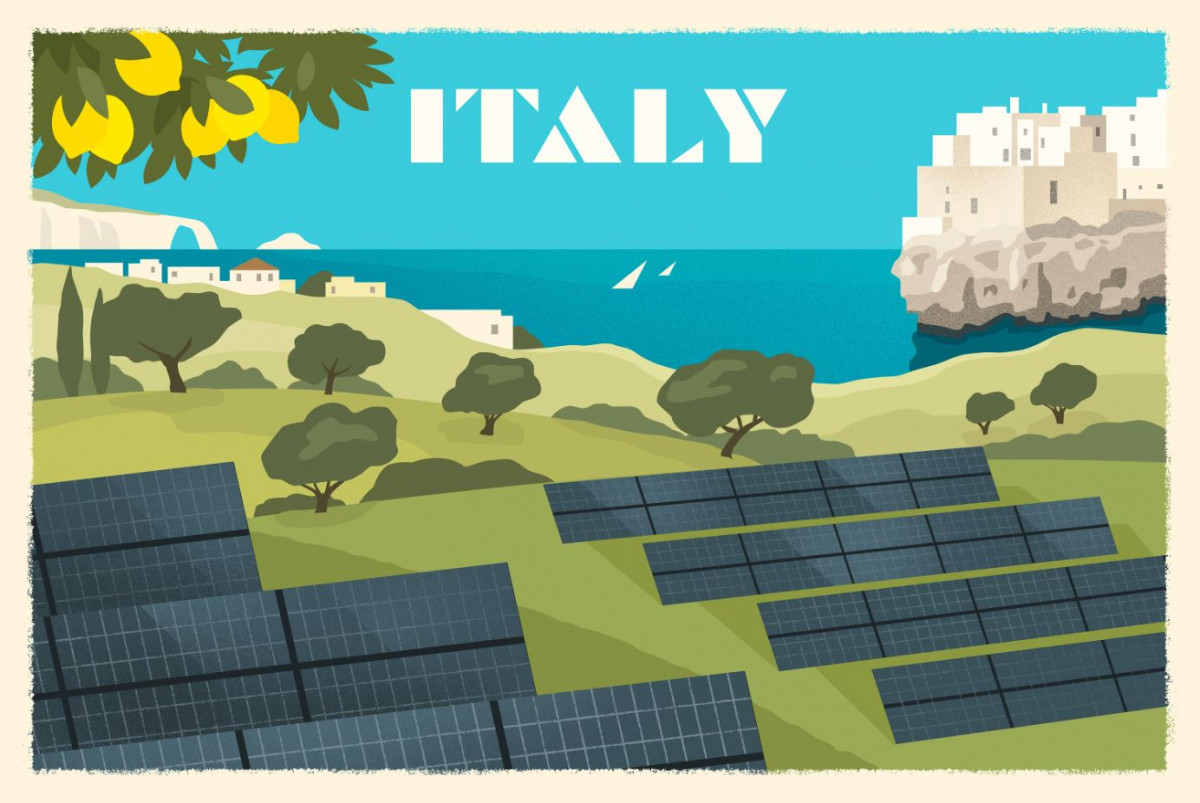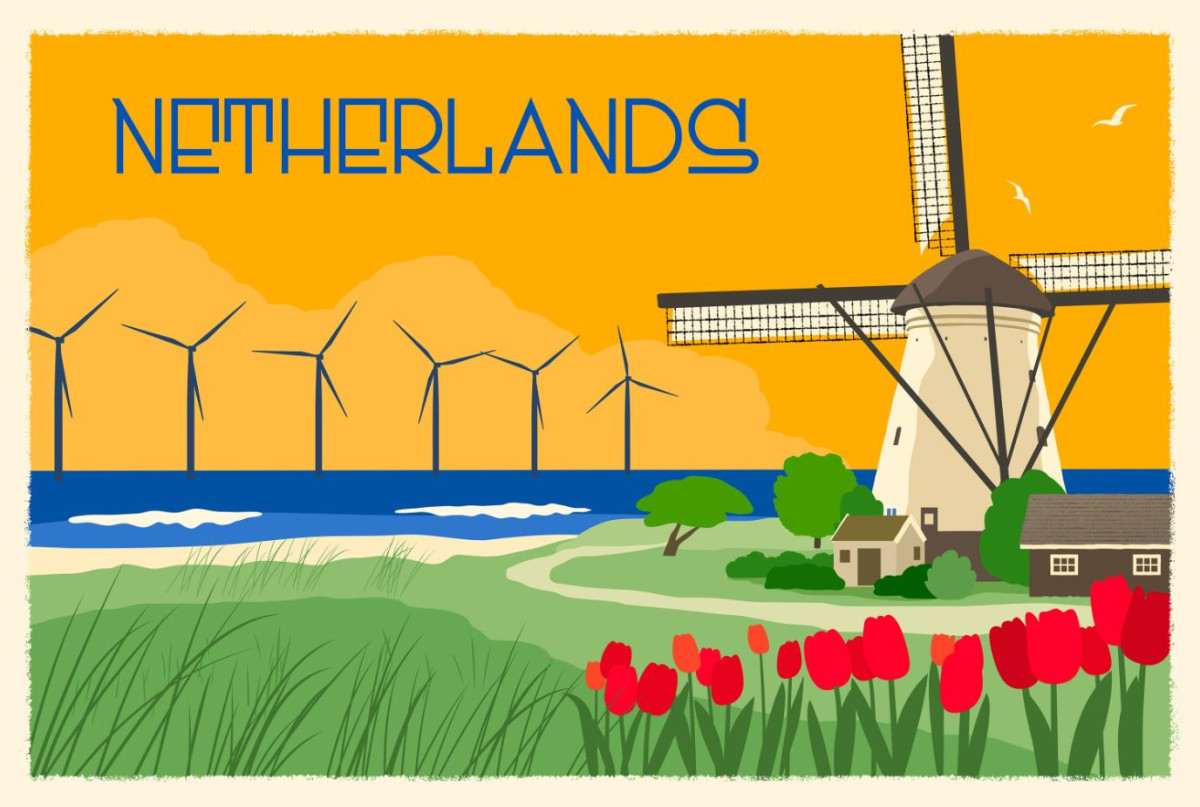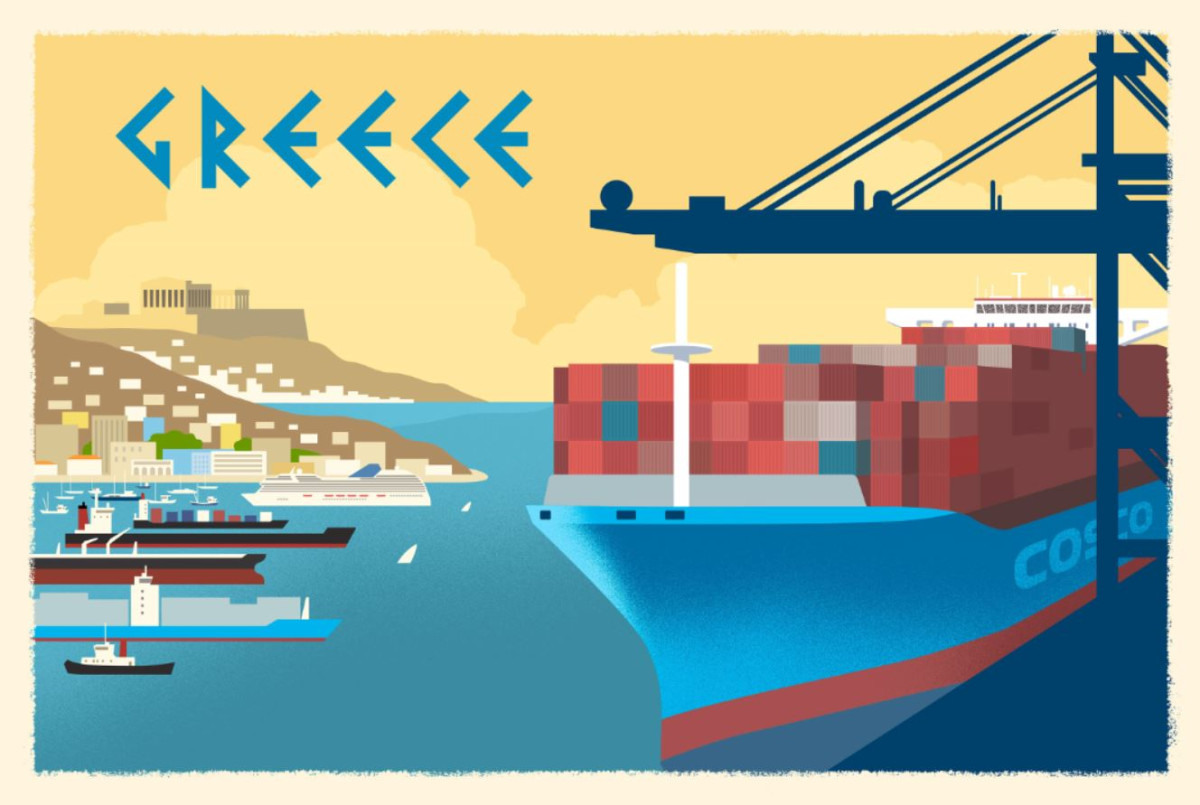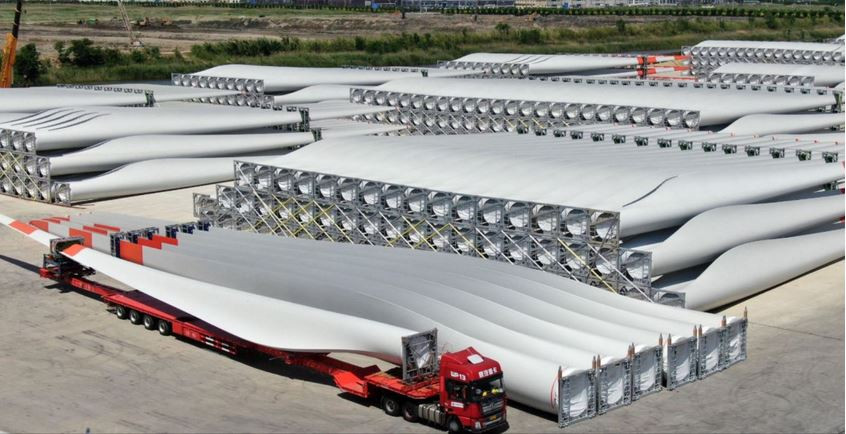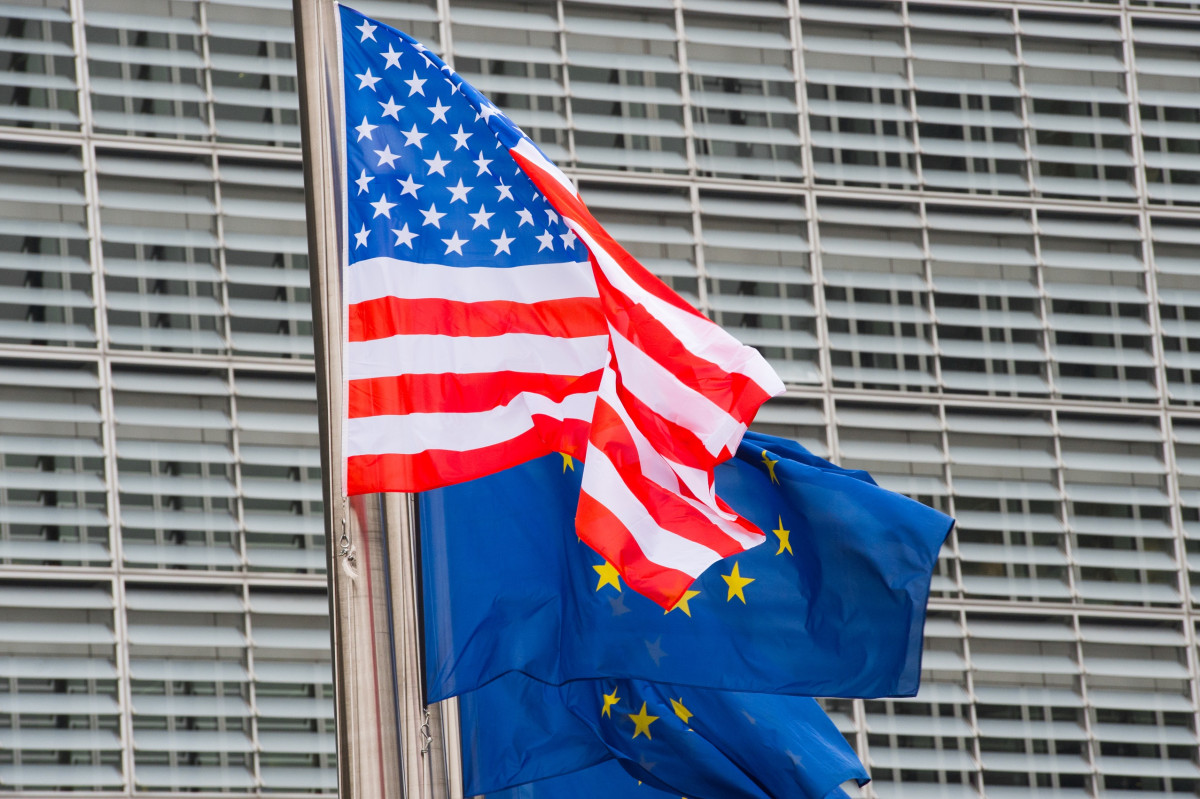Cooperation vs competition: How EU-China relations shape fight against climate change
- Contents
- Europe vies with China for clean hydrogen superpower status
- France eagerly awaits more detailed climate plan from China
- Italy welcomes Chinese investments, but competition fears linger
- Netherlands sees climate action as rare opportunity for close agreement with China
- Spain looks to China for cooperation on renewables but worries about overreliance
- Shift in Chinese energy investments set to help Greece reach climate targets
- Hopes for EU-China climate deal centre on green recovery
- EU and U.S. reset transatlantic relations in race for climate neutrality
Factsheets
- What’s next in Europe? – Agenda of European climate and energy policy
- What a higher EU 2030 climate target means for member states like Germany
- Who sets the targets? Expert Q&A on European energy and climate policy
- The EU’s Carbon Border Tax — panacea or recipe for trade war?
- Germany’s greenhouse gas emissions and energy transition targets
- Germany’s energy consumption and power mix in charts
Europe vies with China for clean hydrogen superpower status
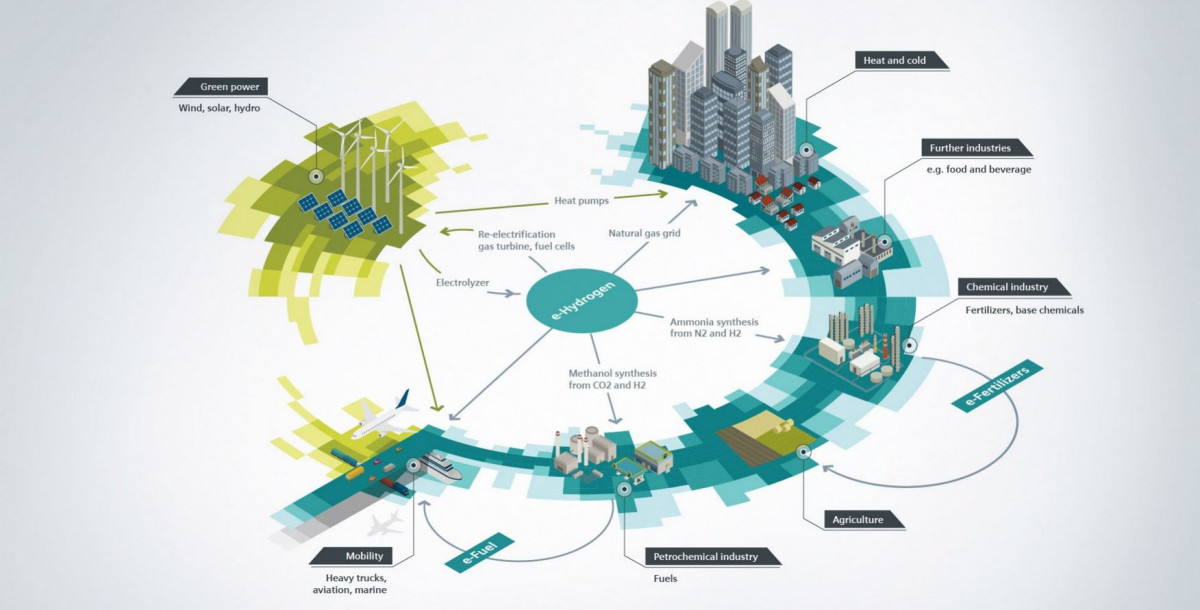
The rivalry between Europe and China in emission-free hydrogen technologies could become one of the defining business stories in the global effort to stop climate change. Scarred by its painful experience in solar PV manufacturing, which was developed in Europe at high cost only to later move to China, Europe is not taking any chances with hydrogen. In a bid to outcompete China and fulfil its ambition to become climate-neutral, Europe has launched a massive green hydrogen push to decarbonise industry and aviation and secure promising export opportunities. Green hydrogen is viewed by many as key to reaching "net-zero" emission targets, but a global rollout of the technology won’t be possible without steep price decreases. This could make competition between the EU and China crucial to global decarbonisation efforts. Read the analysis here.
France eagerly awaits more detailed climate plan from China
The two countries have been solid partners throughout the Trump era and France is now watching China's investments closely, both at home and abroad. Read the report here.
Italy welcomes Chinese investments, but competition fears linger
Italian experts no longer doubt China's determination to act on climate change. This confidence stems from China's recent pledge to reach carbon neutrality before 2060, and the reaffirmation of its commitment to the Paris Agreement targets at a summit for EU and Chinese leaders in September. However, certainty that China will fully exploit the commercial opportunities offered by the transition to a sustainable economy has raised concerns that its economic might will put Italy at a disadvantage. Read the report here.
Netherlands sees climate action as rare opportunity for close agreement with China
Relations between the Netherlands and China are often fraught with ideological differences, but climate change and the energy transition offer a rare spot for close and uncontroversial cooperation. In a country with half its territory below sea level, both the government and researchers strongly welcome China's recent commitment to carbon-neutrality by 2060. Given that the Netherlands is a pioneer in offshore wind, this technology is often seen as an obvious contender for joint projects to advance both climate protection and Dutch business interest, while China is keen to profit from Dutch expertise. Read the report here.
Spain looks to China for cooperation on renewables but worries about overreliance
China has been key to driving down the cost of Spain's transition to renewables and electric mobility. Both the Spanish private and public sector recognise China’s crucial role in facing the global climate challenge and are looking to China to help the country deploy the green technologies it needs to achieve its climate targets. Read the report here.
Shift in Chinese energy investments set to help Greece reach climate targets
China's engagement in the Greek energy sector was mainly directed at Piraeus port and fossil fuel power, but this is shifting following Greece's setting of a coal phase out date. After years of lagging behind other European countries in transitioning away from fossil fuels, Greece took a major step in September 2019 when it committed to phase out coal power by 2028 as part of its effort to reach climate neutrality by 2050. Chinese investments in its clean energy sector will be key to getting there. Read the report here.
Hopes for EU-China climate deal centre on green recovery
A joint push by the EU and China remains the best hope to drive global climate action and build momentum ahead of next year’s UN climate talks, researchers and NGOs say. The coronavirus pandemic has shifted national priorities, raised geopolitical tensions and upended the diplomatic calendar – postponing a landmark summit where many hoped the EU and China might strike a deal. Yet some see a new opportunity for the two to cooperate on building a greener global economy, aligning their recoveries with the principles of a green transition and bringing other countries along with them. Read the analysis here.
EU and U.S. reset transatlantic relations in race for climate neutrality
Politicians on both sides of the Atlantic have hailed the election of U.S. president Joe Biden as a new beginning for EU-U.S. relations to drive global emissions reduction. However, politics and energy analysts say it might not be all smooth sailing in a relationship that will be marked by competition for technological and diplomatic leadership on the road to climate neutrality. Adding China to the mix makes for a complicated triangle, they say. Read the article published on CommonWealth Magazine in English or Chinese. (Note: This article is not part of the collaboration between Clean Energy Wire and China Dialogue)

